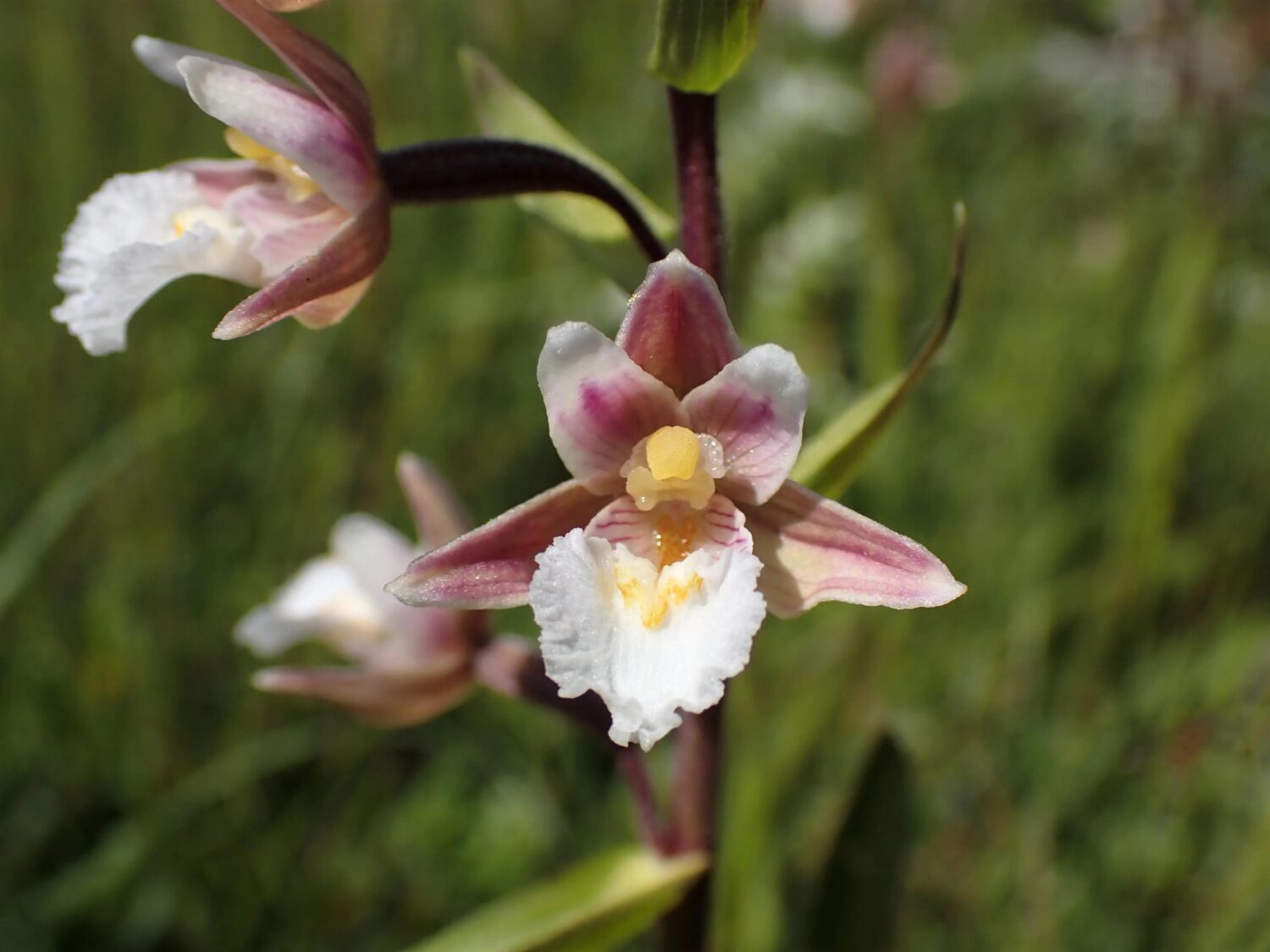Description
Experience the flora of Holy Island on a special two-day meeting held in collaboration with the Wildflower Society
About This Event
Start Date: Monday 14 July End Date: Tuesday15 July
Leaders: Chris Metherell and James Common
Location: Holy Island (details to be shared nearer the time)
Event Description
Details of meeting place and the time of meeting will be given to people attending nearer the time but please note, tickets booked cover both days of the trip.
Lindisfarne is a tidal island off the north-east coast of England, only accessible from the mainland at low tide by means of a causeway. Hence time to get on and off the island are tide dependent.
This is a great opportunity to experience the wonderful flora of Holy Island.
The dune slacks are heavily grazed by rabbits enabling many interesting plants to establish amongst the low growing Creeping Willow Salix repens, including Round-leaved Wintergreen Pyrola rotundifolia, Seaside Centaury Centaurium littorale and Autumn Gentian Gentianella amerella ssp. septentrionalis. Eleven species of orchid also occur, perhaps the most notable being Lindisfarne Helleborine Epipactis sancta. In July, Marsh Helleborines Epipactis palustris flower by the thousand. Other species to look out for here include Bog Pimpernel Lysimachia tenella, Variegated Horsetail Equisetum variegatum and Small-fruited Yellow-sedge Carex viridula. Finally, up to eight Trifolium species are to be found in the area of the Snook.
Elsewhere on the island, areas of ‘whin’ grassland with thin, drought-prone soil have an unusual flora including Common Rock-rose Helianthemum nummularium, Meadow Saxifrage Saxifraga granulata, Crested Hair-grass Koeleria macrantha and Field Garlic Allium oleraceum. Pirri-pirri-bur Acaena novae-zelandiae is a non-native plant which has colonised large areas of the duneland. It can be a problem as the burrs cling to clothing and fur so care should be taken not to spread it to other sites.
Additional Information
- Please do not bring dogs as many field meetings are held in nature reserves or where there are grazing animals. Registered guide dogs may be exempt from this requirement, unless they are prohibited by the landowners. Please check with the meeting organiser.
- Transport and accommodation is the responsibility of the attendee. However, members who do not drive or who have difficulty in reaching the starting point should contact the leader, whose details you will be given when you book, to see if transport might be available.
- Please arrive promptly for the meeting. If you have traffic problems let the leader know so they can advise on the route and how you can find the group.
- When you arrive at the meeting, park considerately, act responsibly, bearing in mind the Countryside Code, and stay with the group. Always inform the leader if you must leave before the end of a meeting.
- Packed lunches are usually required and need to be carried.
